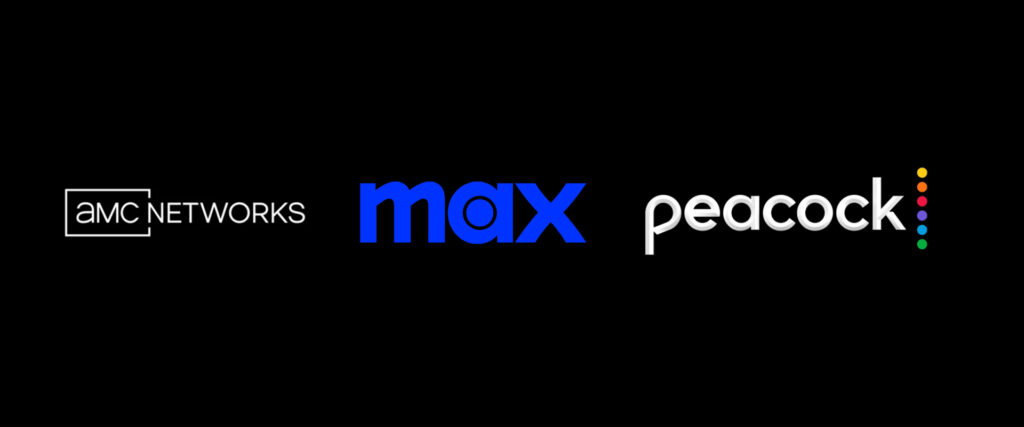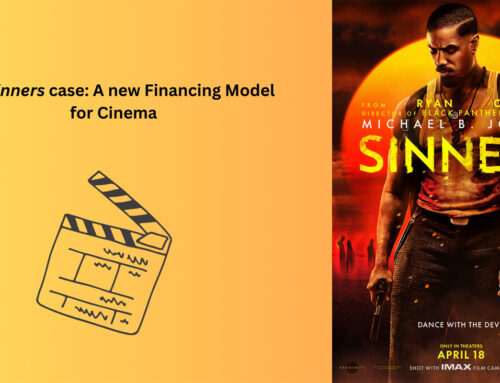Zurich Summit: Hollywood Executives Predict Virtual Movie Stars Are Inevitable
At the Zurich Summit, Hollywood executives explored the growing influence of artificial intelligence on the film industry, predicting that AI could soon create virtual movie stars while reshaping the way films are made. The panel featured Jim Rivera, Chief Product Officer at AI production company Flawless, David Unger, CEO of Artist International Group, Chris Jacquemin, Partner & Head of Strategy at WME, and producer Sara Murphy of Fat City.
Unger described AI as a “transformative” force in cinema, comparing its potential to the introduction of sound in film. “This is the transitional moment to a new cinematic language that we can’t yet foresee” he said. The CEO believes that computational intelligence will change how films are created, the way narratives are told, and even the concept of celebrity. “It’ll take time, perhaps a generation, but we’re at the very birth of this moment” he added, expressing optimism about the new wave of creativity this new tachnology could unleash. Jim Rivera, whose company Flawless uses machine intelligence to enhance independent films, shared that AI tools like TrueSync are already improving processes like dubbing and scene modification. Their work on The Fall demonstrated the potential to lower production costs and speed up filmmaking. However, Rivera stressed that quality control is still an issue, especially in areas like resolution and color depth. “AI is amazing… but for cinematic films, there’s the quality” he said.
Ethics were also a major focus. The Chief Product Officer at Flawless, emphasized the need for consent to modify an actor’s performance, revealing that Flawless has been working closely with Hollywood guilds to establish ethical guidelines. “As the technology evolves, new rights around consent start to emerge” Rivera explained, pointing to the growing concern over AI-generated performances using actors’ images and voices.
Sara Murphy highlighted the financial benefits of autonomous systems for indie filmmakers, noting that AI tools can save hundreds of thousands of dollars by reducing the need for reshoots. However, Chris Jacquemin warned that companies must tread carefully, especially around issues of consent. He shared examples of studios attempting to use an actor’s voice for sequels without further compensation, which he argued would undermine the business.
The panel concluded with a bold prediction: AI movie stars are on the horizon. When asked if a virtual “AI Harrison Ford” could exist, the panel agreed it was unavoidable. “It just seems inevitable that there’ll be some version of that” Jacquemin said, pointing to the rise of digital characters in video games as a sign of what’s to come.
As technology continues to evolve, Hollywood faces both exciting possibilities and serious ethical questions about the future of filmmaking. The emergence of AI cinema icons may only be the beginning of the industry’s next transformation.
Source: Deadline
Share:
At the Zurich Summit, Hollywood executives explored the growing influence of artificial intelligence on the film industry, predicting that AI could soon create virtual movie stars while reshaping the way films are made. The panel featured Jim Rivera, Chief Product Officer at AI production company Flawless, David Unger, CEO of Artist International Group, Chris Jacquemin, Partner & Head of Strategy at WME, and producer Sara Murphy of Fat City.
Unger described AI as a “transformative” force in cinema, comparing its potential to the introduction of sound in film. “This is the transitional moment to a new cinematic language that we can’t yet foresee” he said. The CEO believes that computational intelligence will change how films are created, the way narratives are told, and even the concept of celebrity. “It’ll take time, perhaps a generation, but we’re at the very birth of this moment” he added, expressing optimism about the new wave of creativity this new tachnology could unleash. Jim Rivera, whose company Flawless uses machine intelligence to enhance independent films, shared that AI tools like TrueSync are already improving processes like dubbing and scene modification. Their work on The Fall demonstrated the potential to lower production costs and speed up filmmaking. However, Rivera stressed that quality control is still an issue, especially in areas like resolution and color depth. “AI is amazing… but for cinematic films, there’s the quality” he said.
Ethics were also a major focus. The Chief Product Officer at Flawless, emphasized the need for consent to modify an actor’s performance, revealing that Flawless has been working closely with Hollywood guilds to establish ethical guidelines. “As the technology evolves, new rights around consent start to emerge” Rivera explained, pointing to the growing concern over AI-generated performances using actors’ images and voices.
Sara Murphy highlighted the financial benefits of autonomous systems for indie filmmakers, noting that AI tools can save hundreds of thousands of dollars by reducing the need for reshoots. However, Chris Jacquemin warned that companies must tread carefully, especially around issues of consent. He shared examples of studios attempting to use an actor’s voice for sequels without further compensation, which he argued would undermine the business.
The panel concluded with a bold prediction: AI movie stars are on the horizon. When asked if a virtual “AI Harrison Ford” could exist, the panel agreed it was unavoidable. “It just seems inevitable that there’ll be some version of that” Jacquemin said, pointing to the rise of digital characters in video games as a sign of what’s to come.
As technology continues to evolve, Hollywood faces both exciting possibilities and serious ethical questions about the future of filmmaking. The emergence of AI cinema icons may only be the beginning of the industry’s next transformation.
Source: Deadline









